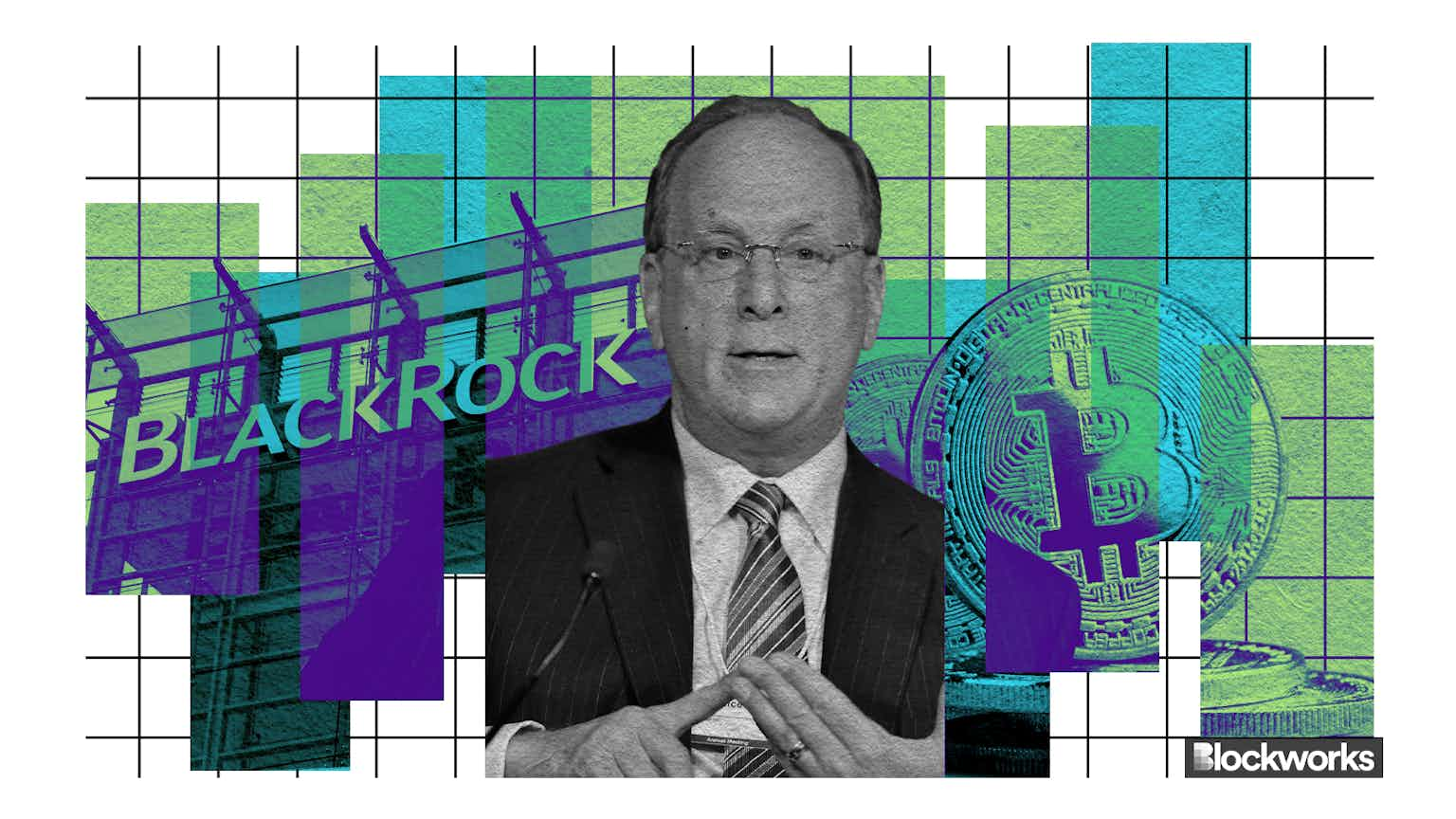Crypto Indexes Will Evolve, but Next-phase Adoption Could Be Far Off
MarketVector Indexes exec says crypto product development involves tension between capturing current client demand and looking to push space forward

Sittipong Phokawattana/Shutterstock modified by Blockworks
The future of crypto indexes involves a range of products delving into the segment’s many sub-sectors, according to an industry executive, though it will take time to get there.
Product development in the space is a continuous balance between fulfilling client demand and looking ahead toward more innovative offerings, according to Martin Leinweber, a digital asset product strategist at MarketVector Indexes.
The Germany-based company is an independent affiliate of US-based investment manager VanEck. Financial products based on MarketVector indexes have roughly $26 billion in assets under management.
Rather than traditional asset allocators, pension funds or banks, the company’s clients mainly comprise exchanges and smaller asset managers focused on the crypto space.
Coinbase uses the company’s bitcoin (BTC) and ether (ETH) indexes for the exchange’s nano bitcoin and ether futures products. MarketVector last week partnered with Digital Asset Research, a move Leinweber said diversifies its data set.
Of all its crypto products, clients still clammer most for the single-token offerings focused on bitcoin and ether. Multi-token basket offerings, such as those that group together the top five or 10 tokens by market capitalization, have more recently started to gain traction after several years on the market.
“I’m happy that we see demand increasing for these baskets, because that’s a sign for me that we get to the next phase, then to the sectors and then to other products,” Leinweber told Blockworks in an interview.
Sector-focused products that seek to get investors exposure to smart contracts, for example — or to tokens tied to the metaverse, centralized exchanges or other more niche areas — is likely the next phase of index products, he added.
Aside from smart contracts, Leinweber said, many of the sub-sectors within DeFi and other areas of crypto capture markets that are currently too small and illiquid to be “investable.” Adoption of such indexes might not gain traction until the next bull market, he noted.
“I think it’s far away if you think of the end user — the normal retailer, not the crypto degen trader,” Leinweber explained. “I’d like to have it [move] faster, but nevertheless we do some new things and put it on our virtual shelf, just to showcase what we can do.
Keep reading for more excerpts from Blockworks’ interview with Leinweber.
Blockworks: You mention giving clients what they want while also innovating. How do you balance that?
Leinweber: You have to anticipate, but you can’t be two or three years in advance. We did some fancy weightings in the past and nobody looked at it…so it’s a trade-off between client demand and showing what you can do.
It’s similar to a car. If it’s too futuristic or doesn’t fit the mainstream demand then it’s not a success. It should be visionary, but not too much.
Blockworks: The EU Parliament greenlit the Markets in Crypto Assets (MiCA) regulation last month. How do you view that development?
Leinweber: Now with MiCA, you just need one license from one country and you can sell it — in the future, due to passporting — in all of Europe within the EU, which is a big advantage.
Read more: EU’s MiCA Framework Could Help Crypto Firms Get Banked
You know what a digital asset is. You don’t know what it is in the US; that’s a big difference. You know what a utility token is. You also have the e-securities — the tokenized equities, tokenized bonds and tokenized funds.
You know what licenses you need for doing a specific business, being an exchange or a custodian, so it’s all regulated.
It’s not perfect — NFTs are excluded and DeFi isn’t regulated — but at least it’s not prohibitive. This alone will be a big push for Europe.
We missed Web2 in Europe, and I’m very forward-looking and enthusiastic when it comes to Web3 in Europe.
Blockworks: How could MiCA impact MarketVector in terms of potential greater index adoption by traditional players?
Leinweber: We’re still so early. It’s still such a retail-driven market and when I talk to clients or am at conferences, the big traditional asset managers still have a hard time accepting crypto.
I think it’s still a lack of education, but my hope is that with MiCA in place, you just need one large entity to start and others will follow.
Read more: Galaxy Links Up With $821B Asset Manager as Part of Europe ETP Push
My impression is everyone’s waiting for the other to be first and then it can be very quick. It’s like a hockey stick: a long time you have nothing and then suddenly it’s exponential, and that’s something I expect with MiCA.
Blockworks: What do you make of the crypto regulatory environment in the US?
Leinweber: I’d love to have the US on board, because it’s one of the largest capital markets and would be a big push for adoption and for price if you just think of Metcalfe’s Law and network effects.
From my impression, the US is two years behind, at least.
I don’t see a spot bitcoin ETF anytime soon, unless you get such [court] decisions where the SEC is forced by law. But otherwise, just from a political and regulatory perspective, who is responsible for what? That’s still the problem.
Ethereum is a security and Ethereum is a commodity. Ethereum is both, depending on who you ask.
Then you have the Democrats fighting the Republicans. It takes a lot of energy to find a consensus there.
This interview was edited for brevity and clarity.
Start your day with top crypto insights from David Canellis and Katherine Ross. Subscribe to the Empire newsletter.





